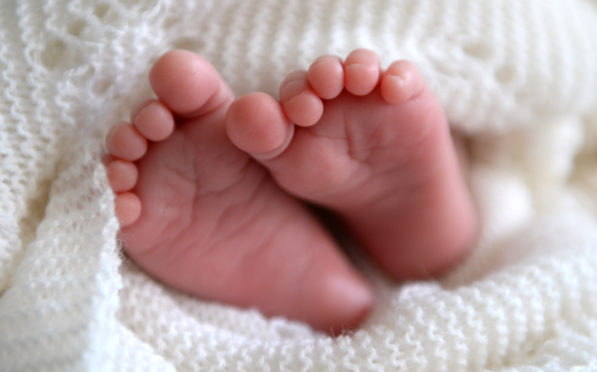
Midwives want more specialist training so they can better support the mental health of pregnant women and new mothers, a survey has found.
Ninety-seven per cent of respondents to a poll for the Royal College of Midwives (RCM) in Scotland said they want additional education on responding to women’s perinatal mental health (PMH) needs.
PMH problems are those which occur during pregnancy or in the first year following the birth of a child.
The survey is published ahead of a November 8 RCM conference on the issue.
The survey found 79% of midwives want more education on how to assess women’s PMH needs, while 88% identified at least one barrier to accessing PMH education – such as clinical pressure or a lack of time and managerial support.
Nearly a third of midwives said they are not at all confident with their knowledge and understanding of PMH.
In response to the survey results, the RCM called for increased availability of PMH education for midwives, both before and after qualification.
Around 15-20% of women develop postnatal depression and anxiety and suicide is the leading cause of death in the first year after pregnancy, according to RCM.
It is also the fifth most common cause of women’s deaths during pregnancy and immediately afterwards.
Mary Ross-Davie, director for Scotland at the RCM, said: “All maternity care providers need to put mental health on an equal footing with physical wellbeing. Not getting this right can have a direct impact on a woman’s experience of pregnancy, birth and early parenting.
“Scotland’s midwives are dedicated to offering women with perinatal mental health problems the best possible care and support. Yet we are sometimes hampered by a lack of access to training and development to be able to do that as well as we want. This worries me greatly.
“Our services are among the best in the UK, if not the world, and the Scottish Government are making great efforts to improve the support and care for all women and for women with mental health problems.
“This includes additional money to improve services, including more specialist mental health midwives.
“At the same time, we need to ensure that all of our midwives have the training they need so that women get the best possible care all the way through their pregnancy and beyond.”
Dr Roch Cantwell, from the Royal College of Psychiatrists in Scotland’s perinatal faculty, said women are most at risk of developing a new mental illness or experiencing a relapse of an old one during pregnancy and the postnatal period.
“With one in five women affected, it is critically important that all staff, including midwives, are given the best possible training to spot a mental health condition before it escalates,” he said.
The survey consulted 414 midwives from across Scotland. The majority had more than 10 years of experience and were aged over 44.

Enjoy the convenience of having The Sunday Post delivered as a digital ePaper straight to your smartphone, tablet or computer.
Subscribe for only £5.49 a month and enjoy all the benefits of the printed paper as a digital replica.
Subscribe